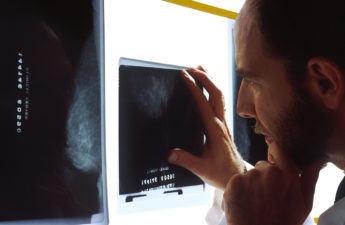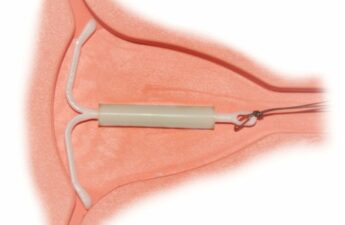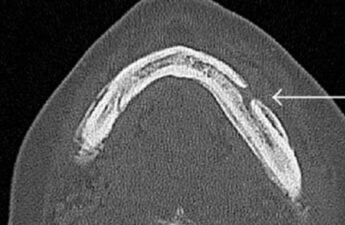Category: Cancer
Daily physical activity, even at light intensities, linked to lower cancer risk
NIH study finds number of steps taken daily may be more important for cancer risk than the intensity of activity.
How to assess your risk for breast cancer
One in eight American women will develop breast cancer in their lifetime. A combination of factors can influence your risk.
Some are unmodifiable, such as age, having dense breasts and a family history of breast or ovarian cancer, while others are modifiable, such as physical activity levels, weight and reproductive history.
Is alcohol good or bad for you? Yes.
We need more high-quality evidence to assess the health impacts of moderate alcohol consumption. And we need the media to treat the subject with the nuance it requires. Newer studies are not necessarily better than older research.
3 statistical stuff-ups that made everyday items look healthier (or riskier) than they really are
When statistical mistakes are made and found, it can have profound impacts on people who may have changed their lifestyle as a result of the flawed study.
Want to live longer and save money? Online app can help calculate your benefits from cutting back on alcohol
Timothy Naimi, University of Victoria and Peter Butt, University of Saskatchewan Dry January is a time when many people think about taking a break from alcohol and giving their liver a rest. But what does that look like in terms…
Is no amount of alcohol safe? Understanding risks and public health guidelines
While it may be true that there is no safe level of alcohol consumption, are alarmist statements a good motivator for health messaging, or is there danger to using them?
Bowel cancer is on the rise in under-50s – here’s what might explain the trend
Our increasingly sedentary lifestyles and the rising consumption of highly calorific, nutritionally poor foods probably plays a critical role in the generational changes in bowel cancer incidence we’re seeing. Such diets became increasingly commonplace through the US and parts of Europe in the 1970s – before spreading to other countries as a side-effect of economic development.
Five ways to cut your risk of cancer – by an oncologist
By adopting healthy lifestyle choices, you’re not only reducing your cancer risk but also improving your overall health and wellbeing, and you’ll probably be happier with your new self too. It’s never too late to start making positive changes that can have a lasting impact on your health.
From 1975 to 2020, prevention, screening and care have averted 4.75m deaths in the U.S., study
From 1975 to 2020, prevention and screening efforts averted 4.75 million deaths from five cancer types: breast, cervical colorectal, lung prostate. NCI
Does Fluoride Cause Cancer, IQ Loss, and More? Fact-Checking Robert F. Kennedy Jr.’s Claims
Kennedy, who was tapped last week by Trump to lead the Department of Health and Human Services, called fluoride an “industrial waste” and linked it to cancer and other diseases and disorders while campaigning for Trump.
Chris Hoy reveals that he has terminal cancer – here’s how to spot early signs of prostate cancer
Justin Stebbing, Anglia Ruskin University Eleven-time world champion and a six-time Olympic champion cyclist, Sir Chris Hoy has just revealed he has terminal prostate cancer aged just 48 years old. It’s easy to assume that prostate cancer is a disease…
Do IUDs cause breast cancer? Here’s what the evidence says
For every 10,000 women, this study suggests we might see an extra 14 cases of breast cancer after up to five years of use, 29 cases after 5–10 years use, and 71 cases after 10–15 years use. In “absolute” terms – as a proportion of all the IUD users – all of these risk increases are comfortably under 1%.
Jaw Problems Linked to Bone-Modifying Drugs Not as Rare as Once Thought
Osteonecrosis of the jaw (ONJ) can cause parts of the jawbone to breakdown and die.
The role alcohol plays in new cancer cases – landmark new report
A little bit of alcohol was once thought to be good for you. However, as scientific research advances, we’re gaining a clearer picture of alcohol’s effect on health – especially regarding cancer.
Health News Headlines
Hospital sued over abortion denial – Breast cancer on rise among young women – Hidden liver disease – Obesity first health care – Marburg in Rwanda











